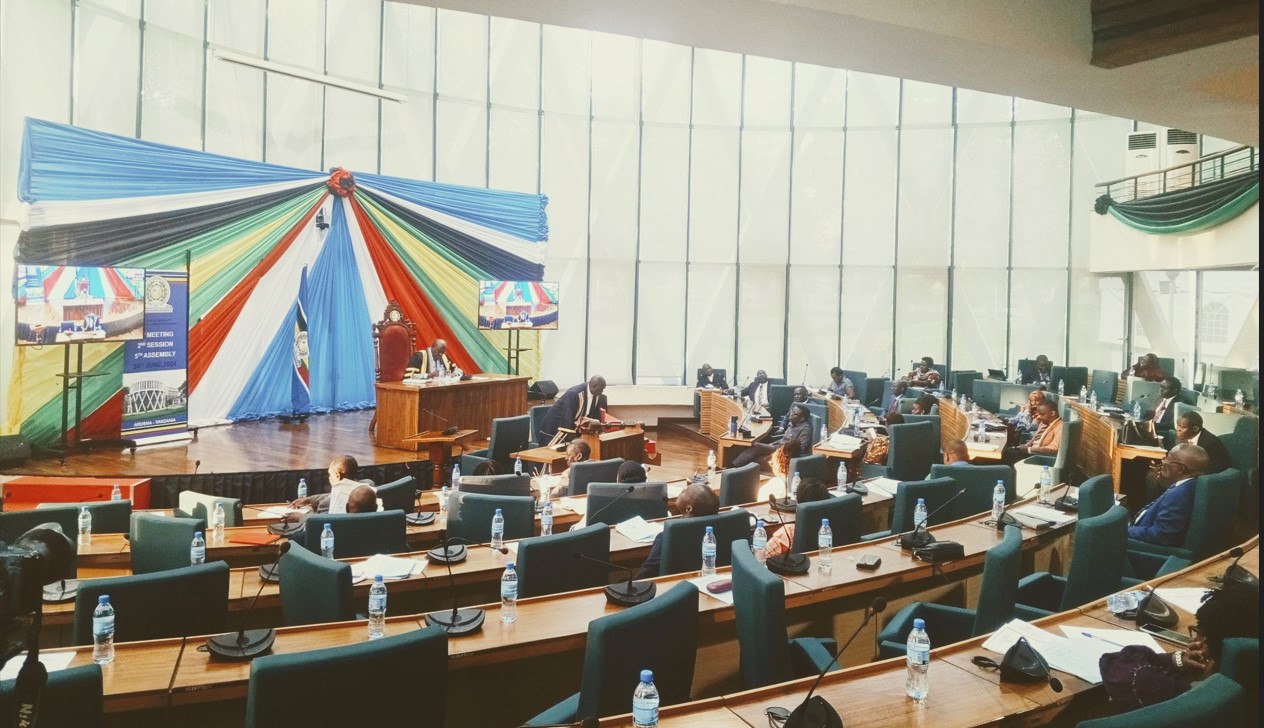Non-salaried Kenyan's to contribute 1.5% of income to housing initiative

By Lucy Mumbi |
Under the amended bill, various entities, including county governments, the National Housing Corporation, the State Department of Housing, and the private sector, will be tasked with implementing housing projects.
Non-salaried Kenyans will also contribute 1.5 per cent of their income toward the Affordable Housing Fund.
The directive is among the 49 amendments captured in the Bill which was passed by the National Assembly on Wednesday.
Keep reading
Although the proposal is seen as a significant stride in rectifying the flaws highlighted by the court, which suspended the housing levy due to perceived discrimination, a faction of opposition leaders remains steadfast in their commitment to contest it legally.
The opposition MPs noted that the proposal lacks a transparent mechanism to assess the gross income of non-salaried Kenyans.
Additionally, they added that parliament is rushing to pass bills that primarily serve the government's interests.
Nominated MP and ODM National Chairperson John Mbadi said there is a lack of formula that will be used to accurately arrive at 1.5 per cent of the gross income of non-salaried Kenyans.
National Assembly Finance and Planning Committee Chair and Molo MP Kimani Kuria added "And this is the complaint by salaried people, they’re saying why are you deducting money from me to build a house for someone else who has an income yet they are not paying the tax., so to tie that, we’re saying if you have to benefit from that house, you must have demonstrated that you’re paying the housing levy."
Under the amended bill, various entities, including county governments, the National Housing Corporation, the State Department of Housing, and the private sector, will be tasked with implementing housing projects.
Additionally, fines for misusing affordable housing funds have been made more severe to deter malpractice.
“Once the entities apply for this fund, they will build the houses as per the investment programme and hand the structures back to the fund so that the off-take of the houses will be managed by the board,” Kuria said.
"We have seen people being arraigned for serious crimes such as misappropriation of a billion shillings and they get a fine of Sh1 million...so that means that if all of us had the opportunity you’d rather steal and pay a small fine...so now we have made it expressly provided in the law that for whatever amount you have misappropriated, the fine is twice that amount.”
Other notable additions to the bill are the introduction of institutional housing projects, aimed at addressing the accommodation shortage in higher learning institutions.
According to the Bill, funds from the Affordable Housing Fund will be allocated to Technical and Vocational Education and Training (TVET) institutions and universities to develop housing units, which will then be managed by the board overseeing the fund.
"We explicitly provided for institutional housing and the model is the money from the fund will go to these TVETs and universities to develop the housing units and once the units are done they will be handed over to the board and the money will be recovered from renting," Kuria said.
With the bill now passed by the National Assembly, it is set to undergo review in the Senate. If approved, the government aims to resume deductions from March salaries, signalling a potential milestone in addressing Kenya's housing challenges.



















